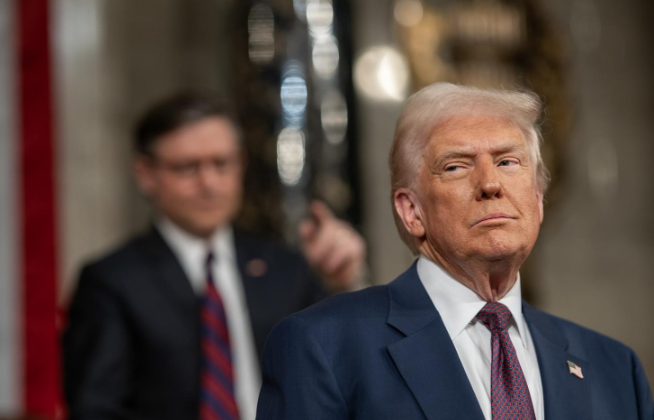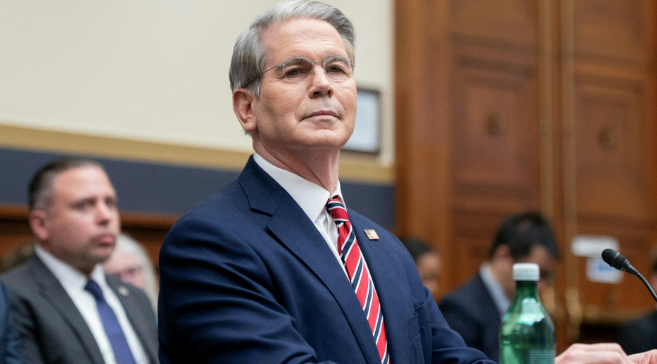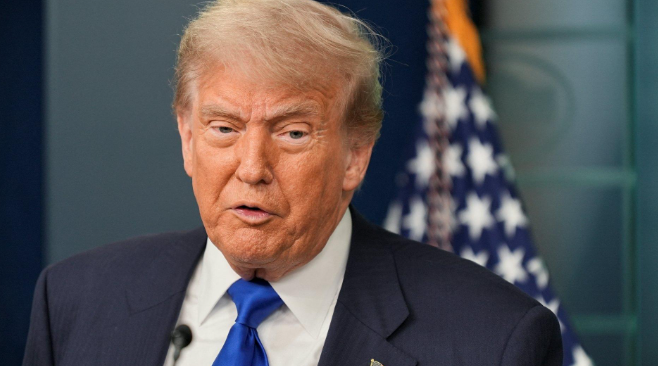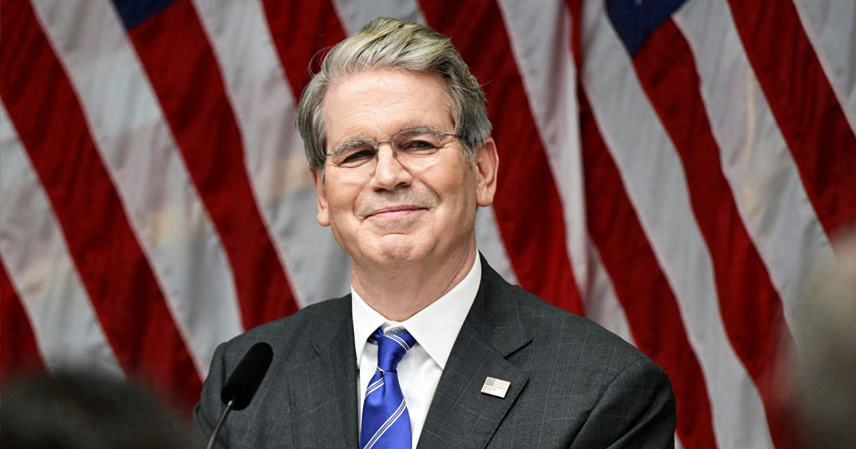On September 24, U.S. Treasury Secretary Besant emphasized in a media interview that America is not in a passive position in economic and trade negotiations with China, insisting that Washington still holds leverage. He cited several areas where China depends on U.S. imports — including aircraft engines, components, certain chemicals, plastics, and silicon materials.
His logic was straightforward: these supply chain chokepoints give the U.S. bargaining power. He even hinted at potential restrictions on IPO market access, bringing financial capital markets into play as another pressure point. The message was clear — the U.S. wanted the world to believe it would not be cornered in negotiations.

Analysts note that highlighting aircraft engines was no accident. Civil aviation engines remain a major technological gap between China and the U.S., with the U.S. and Western firms long dominating the global market. In the past, U.S. sanctions on countries like Iran and Russia heavily relied on restrictions in this area. From Washington’s perspective, aircraft engines could be a key bargaining chip in talks with China.
The problem, however, is that the global environment has shifted. China is rapidly advancing its own large aircraft programs and supporting technologies. While gaps still exist in the short term, dependence on U.S. technology is gradually declining. Thus, America’s move looks more like “habitual thinking” — trying to reuse an old playbook. China, having anticipated this risk, has already developed regulatory measures for rare earths and critical raw materials to maintain strategic initiative. In short, both sides have leverage, but the real question is who can withstand pressure longer.
In response to Besant’s warning, Beijing acted swiftly. On September 25, China’s Ministry of Commerce announced sanctions on six U.S. companies, adding them to the export control and unreliable entity lists across military, engineering, and technology sectors.

Huntington Ingalls Industries, Flat Earth Management, and Global Dimensions were placed under export controls, banning the export of dual-use items. Saronic Technologies, Alcon Corporation, and International Marine Engineering were added to the unreliable entity list, prohibiting import-export activities and new investments in China.
China’s statement was explicit: these companies had long challenged Beijing’s position on the Taiwan issue, engaging in military technology cooperation that touched China’s core interests. Therefore, they had to pay the price. For law-abiding foreign firms, China remained open, but for those crossing the line, there would be no tolerance.
Observers highlight that this move had a dual effect: on one hand, deterring violators, and on the other, reassuring the international business community. The message was: compliant companies have nothing to fear and can continue operating in China. This “punish the few, reassure the many” approach projects China as a responsible power while preserving stability in economic cooperation. At the same time, it directly countered Washington’s so-called leverage narrative, showing that Beijing can back its words with concrete actions.
Looking at the contrast: the U.S. Treasury Secretary talks tough, while China enforces actual sanctions. In international relations, rhetoric never carries the same weight as real action.

From a long-term perspective, U.S.-China friction will not disappear. Negotiations and confrontations will continue to intertwine. Both sides will demonstrate their red lines through confrontation, while maintaining a degree of cooperation out of necessity. China’s strategy is clear: its doors remain open, but its core interests are non-negotiable.
It is foreseeable that in the coming months, U.S.-China clashes will spread across tariffs, rare earths, semiconductors, and energy. Washington may try to pressure China at the negotiating table, but Beijing also holds powerful cards. In particular, on rare earths and supply chain security, China’s advantage is tangible and structural, not just rhetorical. With improving laws and policies, China is likely to employ targeted measures against specific companies as a normalized tool — avoiding full-scale confrontation while safeguarding its bottom line.
Ultimately, Besant’s remarks were more about posture, while China’s response was substantive and precise. Engines, rare earths, and semiconductors will remain central battlegrounds in U.S.-China competition. Both sides are showing their cards, but endurance will determine who stands firmer at the table. By sanctioning six U.S. firms, China made its stance unmistakably clear: it is not afraid of confrontation, but remains open to cooperation. This is perhaps the truest reflection of today’s U.S.-China relationship.



